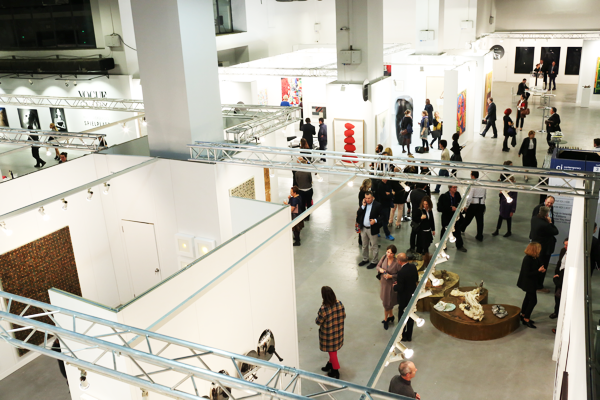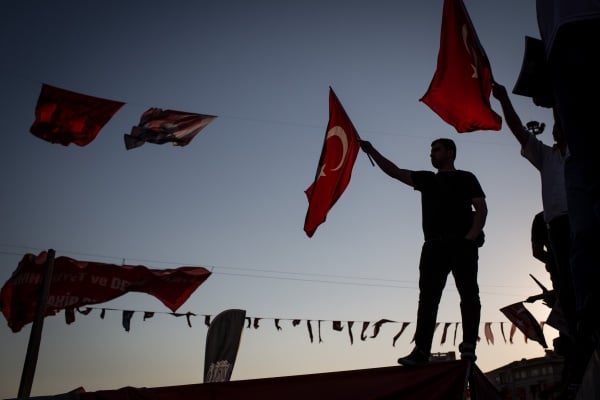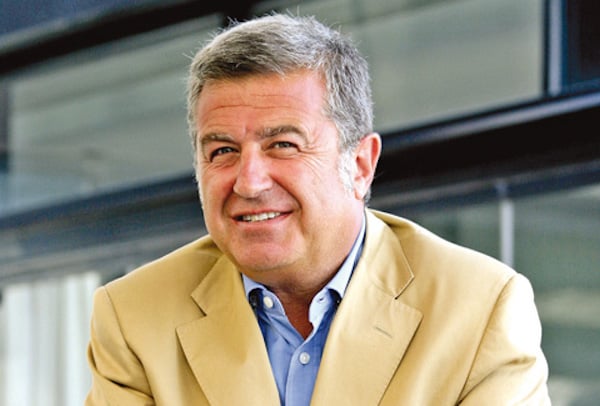Politics
Çanakkale Biennial and Contemporary Istanbul Go Ahead Amid Turkey’s Crackdown
The unrest in the country is affecting its blossoming art scene and market.

The unrest in the country is affecting its blossoming art scene and market.

Amah-Rose Abrams

Turkey’s Çanakkale Biennial and the art fair Contemporary Istanbul will still take place in the wake of the failed military coup that rocked the country two weeks ago and the subsequent arrests of artists and journalists that are currently taking place.
Not only have military academies been closed and soldiers imprisoned with strong evidence of torture appearing in the international media, but over 100 newspapers have been closed by the authorities. According to the Art Newspaper, citing the government’s official gazette, 16 television channels, 45 newspapers, 15 magazines and 29 publishers have been closed, with the police ordering that 47 journalists be detained.
The most recent of these is the arrest of the Turkish painter and journalist Zehra Doğan, for her alleged links to the Kurdistan Workers’ Party (PKK). Doğan is also the editor of Jinha, a feminist news outlet.

Members of both the Republican People’s Party (CHP) and President Erdogan’s AKP Party wave flags during the “Republic and Democracy” rally held at Taksim Square on July 24, 2016 in Istanbul, Turkey. Courtesy of Chris McGrath/Getty Images.
Doğan had been painting and reporting from the mainly Kurdish district of Nusaybin in the Mardin province, and her work was cited in court as a reason for her detention and future trial.
In the wake of the series of terrorist attacks on Turkey and the increasingly restrictive Government actions, the art market has suffered, with the fair Art International even cancelling this year’s edition.
However, the 5th Çanakkale Biennial, slated to open on September 24, and Contemporary Istanbul, set to run between November 3-6, have both insisted that they will continue their endeavors in the face of adversity.
The biennial’s program, in fact, will address the theme of migration, a very pertinent theme in the country, which borders with Syria.
“We are determined to realize this biennial even under the current difficult conditions,” Beral Madra, director of the Çanakkale Biennial, told TAN. “Maybe some artists will be reluctant to come—which we fully understand—but their works will represent them. We trust the prudence and will of the people and the officials who support the biennial as a product of democracy.”

Ali Güreli, founder and chairman of Contemporary Istanbul.
Ali Güreli, chairman of Contemporary Istanbul, extolled the buzz of the Istanbul art scene in a statement released this past Friday with the announcement that they intend to go ahead with the fair this November after being “encouraged by its exhibitors, collectors and curators.”
“People here are dedicated and passionate about supporting and collecting contemporary art; they understand its ability to reflect the society of our time,” Güreli said in the statement. “The scene here is full of energy, with over 40 commercial galleries as well as established private collections, an infrastructure of institutions and the biennial. The best art markets are those where there is a strong regional context; we are fortunate that Istanbul is a very attractive regional hub.”